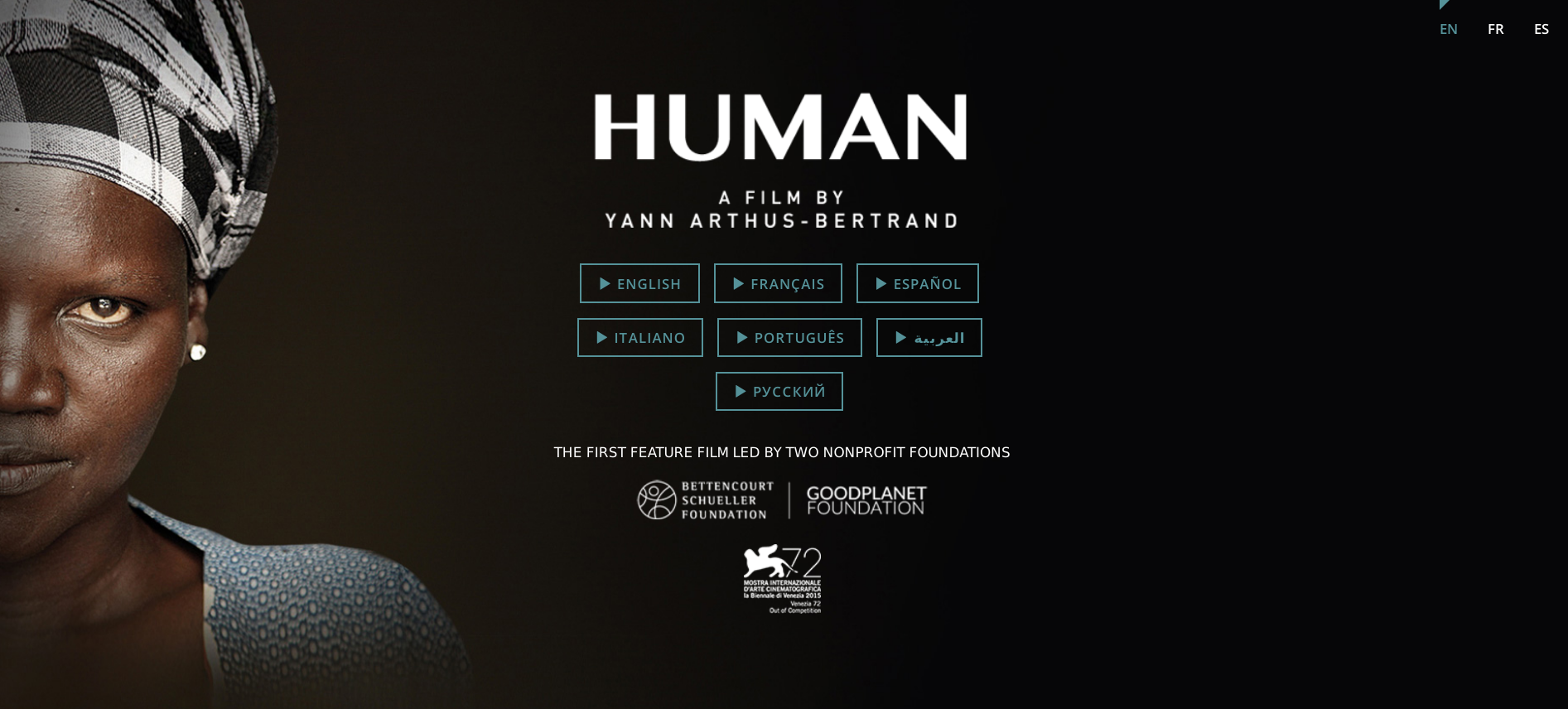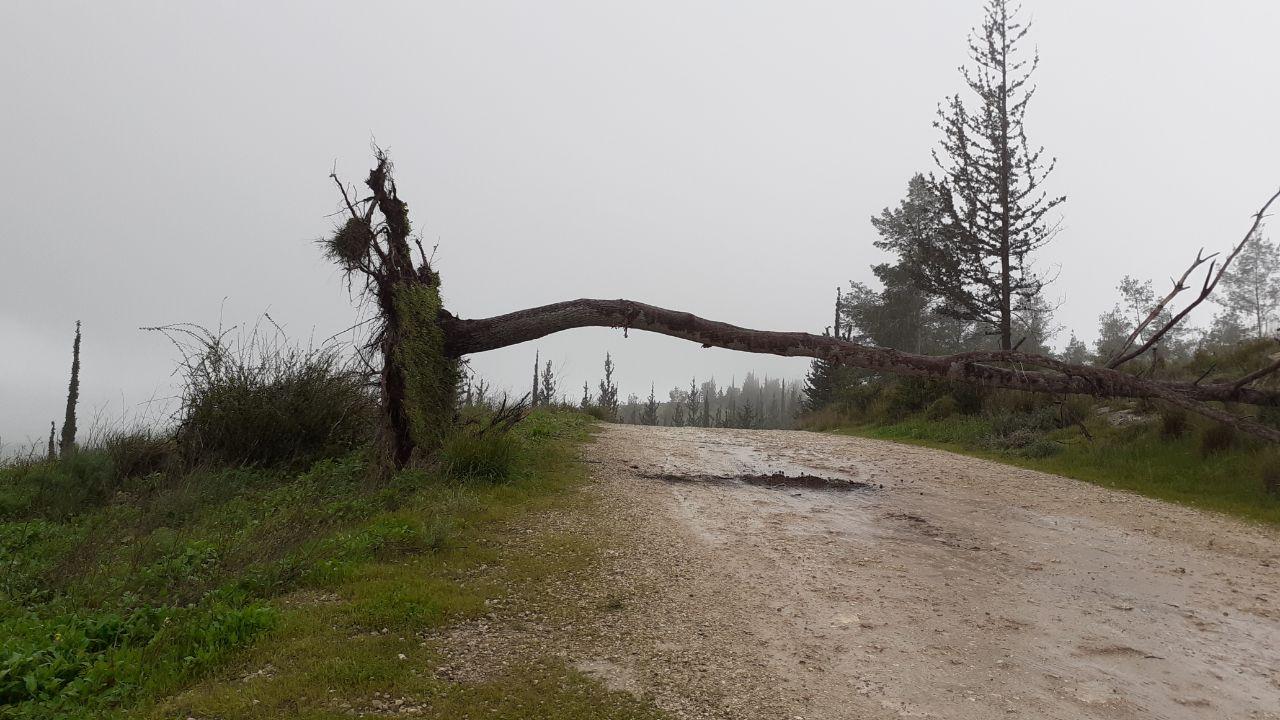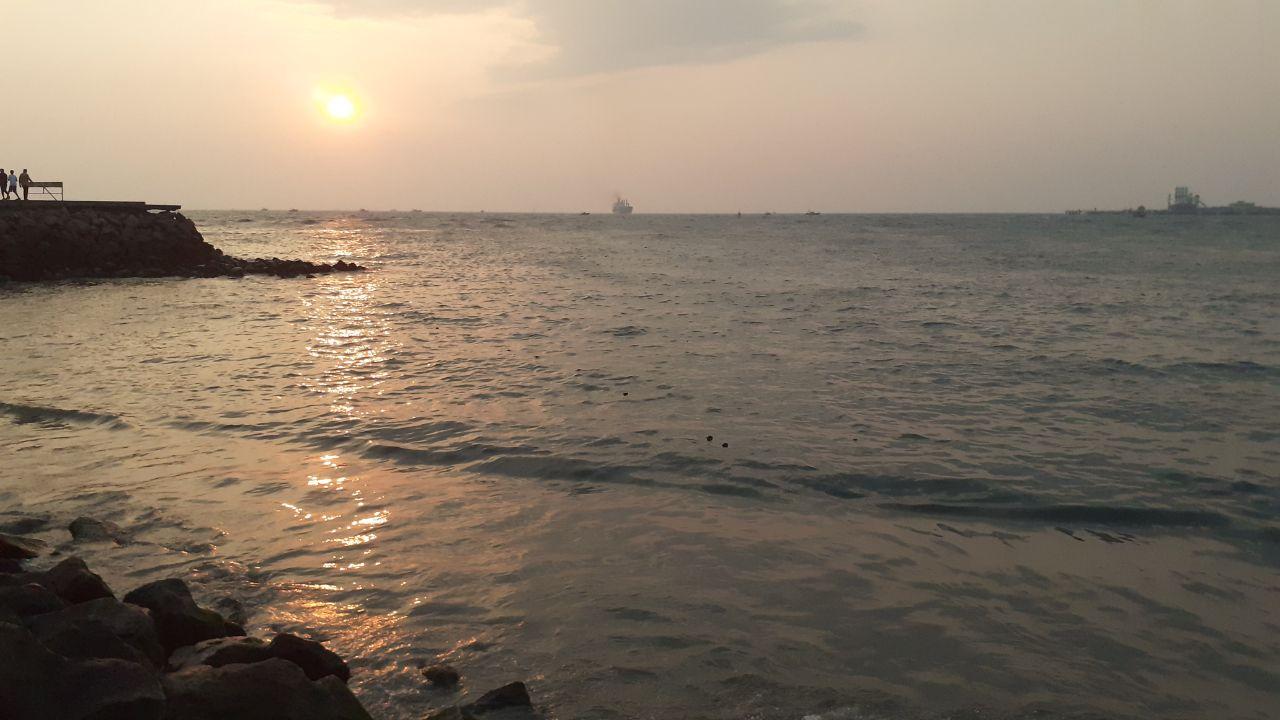What I have to admit, from the beginning, is that I know nothing, and yet I know too much. I know nothing, on the basis that I’m poorly read. I have read neither Das Kapital nor Mein Kampf, and little of the great western philosophers. But also because the state of our knowledge, in the first quarter of the 21st century, is also very poor, compared to what it will be fifty or a hundred years later. On the basis of what we knew, in the 20th century, we have committed terrible errors and vicious crimes against humanity. On the basis of what we currently know, it is clear that we are destroying our biosphere.
I know too much because my knowledge interferes with my ability to see the world afresh. I have adopted biases that determine how I relate to my world. The prejudices that we acquire are far ranging and pervasive. Knowing this is not necessarily the answer to the problem. Sometimes knowing more can expose one to different ideas that can knock down our suppositions. A person with a narrow grasp of the underlying philosphical bases behind the mechanisms that drive our society is less likely to question them than a scientist who knows them better. Knowledge can be dislodged or challenged by new knowledge. On the grand scale of things this is what happens.
Either are in the playing field or the market of ideas, or one attempts gradually to deconstruct what one thinks one knows, without taking the route of adding new knowledge to challenge the old knowledge. These are opposite tracks. My tendency is towards the former, reduction by reduction, rather than through accumulation. But it is a path where one must forever be admitting one’s own weaknesses and deficiencies; a path of humility and humiliation. A Taoist path.
Yesterday Ilan sent in an article that debates the matter of what constitutes truth in an era of fake news; he looked at the matter of truth through the prism of various historical thinkers, eventually concluding before a matter can be admitted as truth, it must be open to wide discussion, that no authority could have the ultimate say. Instead the truth of a matter would be determined after being debated by the best minds. In such a process, my opinion counts for very little. I cannot “compete” in an arena where the qualifications depend on knowing the history of philosophical thinking and I would not contest the opinions of others in such an arena. It is true that I know a fair bit about the philosophical thinking of Eastern philosophical systems, perhaps, but there too I do not think it is worthwhile to contend. The area that is more interesting is that of learning and knowing from observation; discovering through silent communion with the universe, meditation. I have always thought that the keys to understanding are there to be discovered directly and must not depend upon academic learning. There are scriptures and holy books that claim to hold the keys to salvation and enlightenment. There are philosophers who have pursued truth through reason. There are scientists who have tried to discover the physical laws upon which our universe is constructed. All of these have their value and their place in our human civilization. But, without much basis other than belief or intuition, I continue to hold that the truth of our existence is there to be discovered by every denizen of the cosmos directly, without recourse to scripture, philosophy or science. Not every kind of knowledge, of course, but the particular knowledge of the identity of the self in relation to the universal. I think that the basis of this belief is present in the scriptures themselves. And it does not contradict reason. It cannot be negated by science, as far as I know.
This thinking is very democratic, because it extends the possibility to every one of us to understand, independently, our position in the universe, if we put into it enough effort. It only depends on our willingness to give all we have to the project, and not be afraid.
The knowledge of the self in relation to the cosmos, the nature of the self, our true identity, the nature of the other, the meaning of our lives, the inner purpose and the relation of this purpose to that of the universe, the act of observation, what constitutes happiness, the reason for our restlessness, the ability to confront and understand suffering, the movement of thoughts, moods, desires, attraction and repulsion, emotion, indifference, and the relation and mutual influence between our minds and our bodies, the ways in which we affect the world and interact with it and with others; our dreams and the subconscious, the obvious and the latent, the sources of our inspiration and energy, the ability to tap into the energy of the universe; the question of our mortality, the observation of time and its subjective velocity; the nature of experience, the various states of consciousness, the integrity of our knowledge or its partiality, the understanding of what is truly important and what is of less importance, the question of what is real and what illusion; the question of self-mastery or subservience to basic instincts, the question of belief in God or the supernatural, the matter of empathy, the ways in which egoism manifests, our aesthetic sense, the ways in which we lie to ourselves; attachments, the nature of peace, and many more questions, qualities, understandings, are all matters that we can resolve for ourselves without any necessity to go to a book or consult with a teacher. They are matters that can be understood through direct experience, aparoksha anubhuti.



